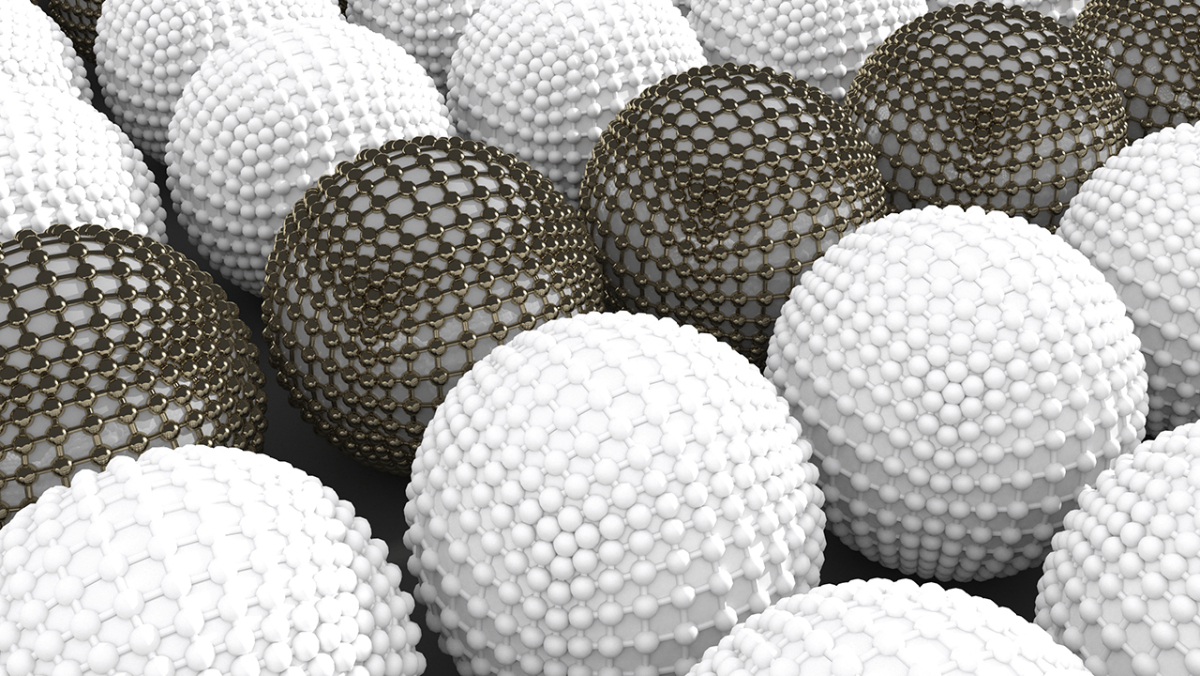Cancer Immunotherapy
Cell-based immunotherapy uses components of the immune system to mount a powerful fight against cancer. In our lab, we leverage natural killer cells as powerful tools for the treatment of solid tumors. We combine approaches in cell and gene engineering and synthetic biology to develop translational new immunotherapies by targeting immunometabolic suppressive mechanisms such as adenosine-induced immunosuppression with enhanced tumor recognition to generate next-generation engineered natural killer cells. [Read more]
Natural Killer Cells
Natural killer cells are important innate immune effectors with the ability to mount powerful anti-tumor responses. Their ability to mediate strong graft-vs-tumor effects with limited contributions to graft-vs-host disease makes them attractive in adoptive transfer settings. However, the tumor microenvironment can induce profound immunosuppression of these cells, compromising their anti-tumor immunity, particularly in solid tumors. We leverage immunobiology and immunoengineering to rethink and redesign the function of NK cells in solid tumor settings, toward translational immunotherapies for difficult-to-treat cancers. [Read more]
Immunoengineering
Impaired immune function in the tumor microenvironment due to metabolic and functional reprogramming severely suppresses the efficacy of cancer immunotherapies. Metabolites such as ATP and adenosine, for instance, significantly impair innate immune responses. We are rethinking immune cells by re-engineering them to overcome these inhibitory cues and evolve a new generation of sophisticted cell-based immunotherapies. [Read more]
Cryopreservation
One of the critical elements for the clinical availability of cells for use in immunotherapy is cryopreservation. However, cryopreserving cells largely relies on antiquated protocols which raise serious safety concerns. In our lab, we are developing new approaches that marry novel biomaterials with cellular biophysics to develop next-generation primary cell cryopreservation approaches.



